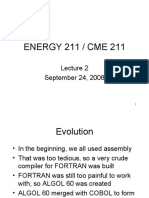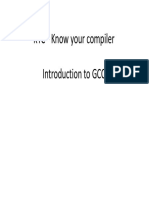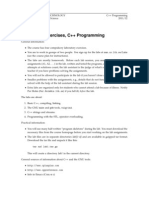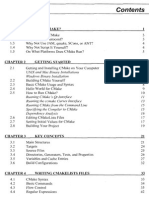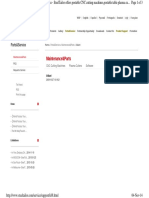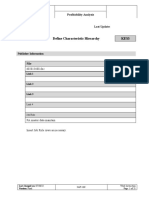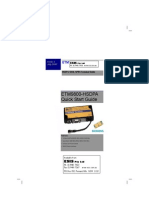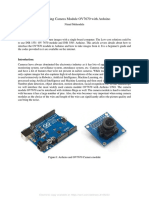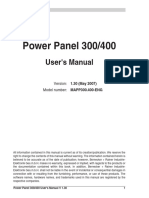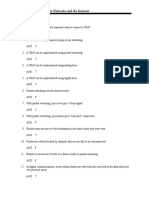0% found this document useful (0 votes)
4 views48 pagesLecture 1
The document provides an introduction to the compilation process in C++, detailing the role of compilers, the steps involved in compiling code, and the use of libraries. It explains the importance of build systems, particularly CMake, for managing complex projects and automating the build process. Additionally, it covers various compilation flags, library types, and how to structure a CMake project effectively.
Uploaded by
wassimoss00Copyright
© © All Rights Reserved
We take content rights seriously. If you suspect this is your content, claim it here.
Available Formats
Download as PDF, TXT or read online on Scribd
0% found this document useful (0 votes)
4 views48 pagesLecture 1
The document provides an introduction to the compilation process in C++, detailing the role of compilers, the steps involved in compiling code, and the use of libraries. It explains the importance of build systems, particularly CMake, for managing complex projects and automating the build process. Additionally, it covers various compilation flags, library types, and how to structure a CMake project effectively.
Uploaded by
wassimoss00Copyright
© © All Rights Reserved
We take content rights seriously. If you suspect this is your content, claim it here.
Available Formats
Download as PDF, TXT or read online on Scribd
/ 48






